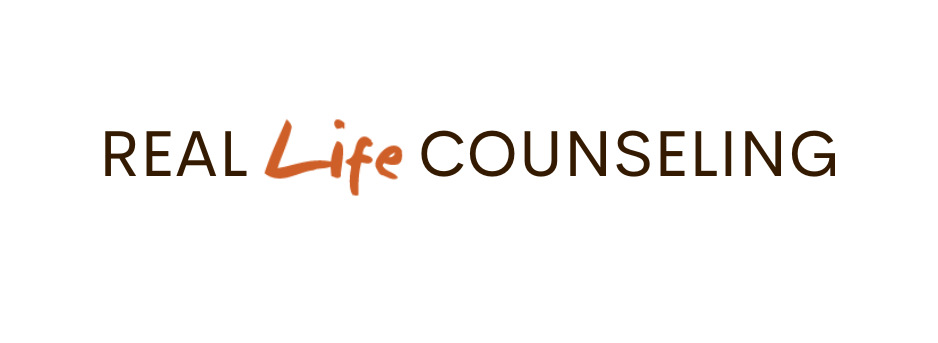Most couples, at some point in their relationship, have difficulty developing, deepening or sustaining intimacy. Contrary to the beliefs of the couples themselves, the intimacy is probably already there in their relationship and can be experienced just by stepping back and providing the space for it to develop (and avoiding the typical raging upset that occurs when it is gone). The problem is there are usually interactions that come between partners that prevent the intimacy from coming forth.
Most couples come into therapy reporting some version of this story: “When we first got together, we were really close – like best friends. Since then, life has happened and we have grown apart, and/or feelings of resentment have solidified.” They might say their partner has changed over the years or they just don’t have time, or are too occupied with other things to connect. Maybe there has also been unresolved conflict.
What has happened? It is likely some hurts have occurred in the relationship and even before the relationship that have affected the couple’s ability to share the connection they once had. From there, partners start enacting attempts to connect with one another that do anything but bring about the connection they so desperately want. The person who was once their best friend has now become the perpetrator of their worst hurts, even if it was something as simple as failing to listen to a story they were telling.
The connection they want is right there waiting for them if they will just initiate and carry out repair, but it’s as if all the weight of all the traumas ever suffered are now being laid upon this interaction or series of interactions. Everything they want is right there waiting for them if they could find a way to gently and patiently seek connection, but now they are in what we call “emergency thinking,” or even some form of “protest.”
Much of our work in therapy is to calm down all these emergency emotions. This is not to say they don’t have a valid genesis, but partners must learn to regulate emotion in order to receive what is coming to them: the connection they once had. Basically, it is the difference between stomping your foot and demanding what you want and learning to slow down and provide the space for your partner to come to you. It’s not a guarantee that will happen, but we can say for sure that the demanding, protesting and fit-throwing will not breed connection.
The connection you once had and so cherished is not gone, though it seems to be at the time. It is just buried under the layers of defenses you and your partner have built up, which can melt away if you are open to the possibility. The thing is, you may be trying to resolve some pretty deep hurts in this one relationship and that is going to take more than just demanding your partner do what you want.
Part of the job in therapy is to offer some clarity to the complexity of these dynamics in our relationships. Thankfully, there are these moments in therapy with couples where the partners see these interactions for what they are and discover one another and their connection again. That is a lovely thing – to be able to help people rediscover the intimacy that was there waiting to be shared. The connection was right there in front of them. They just needed a little help opening space in their relationship for it and keeping the defenses to a minimum.
Contact us to ask questions about couple therapy or to get started today. We would be happy to help.

